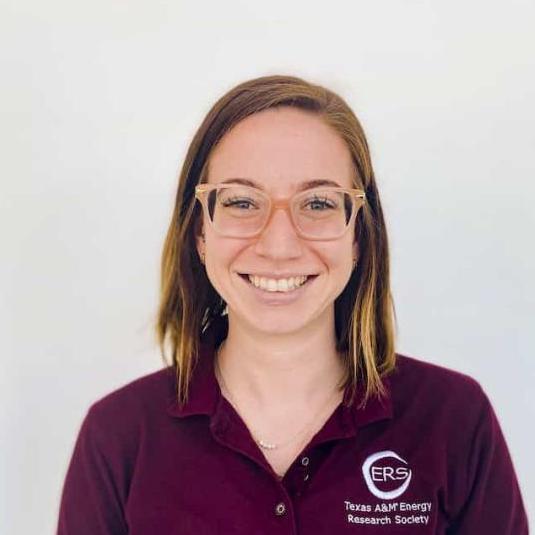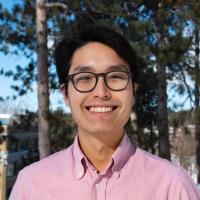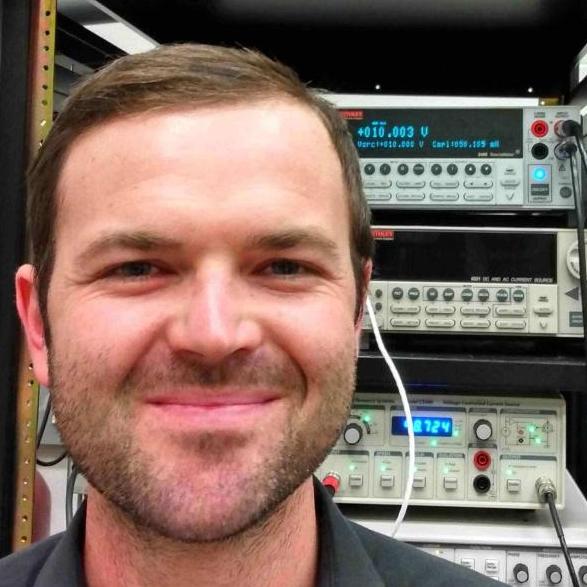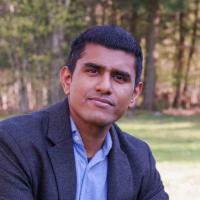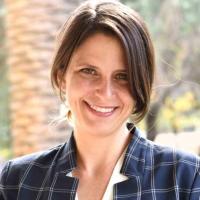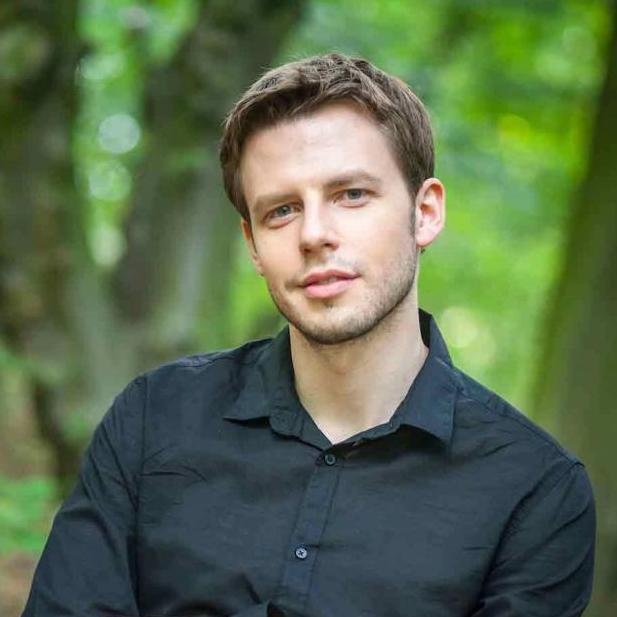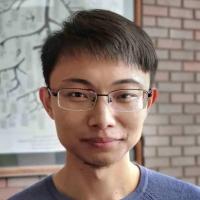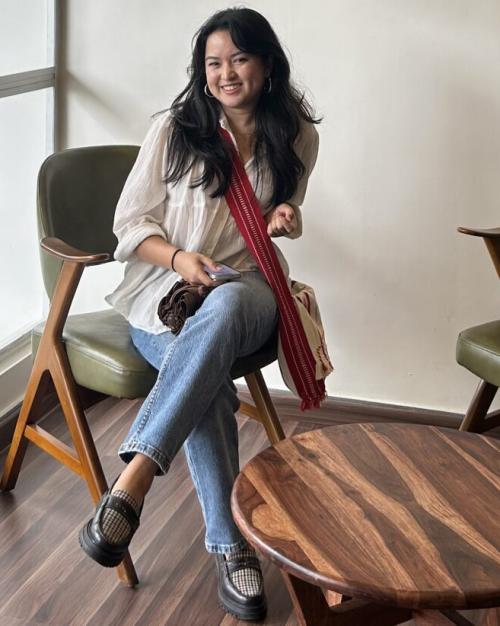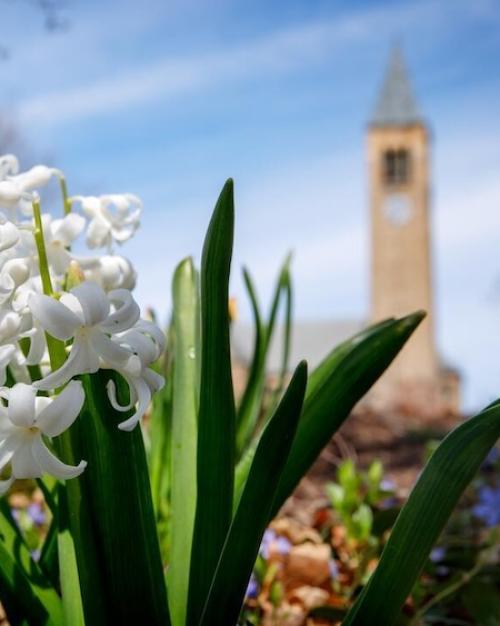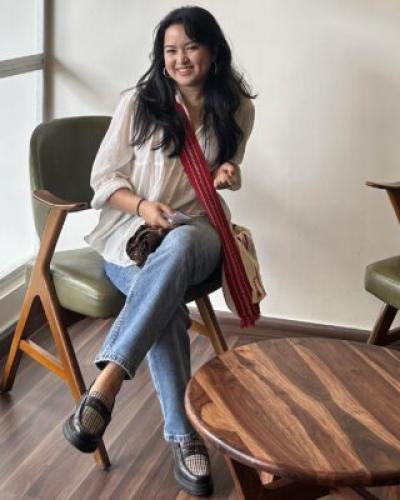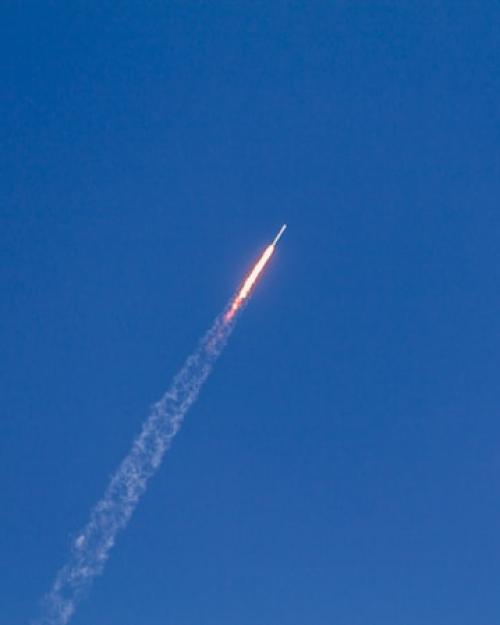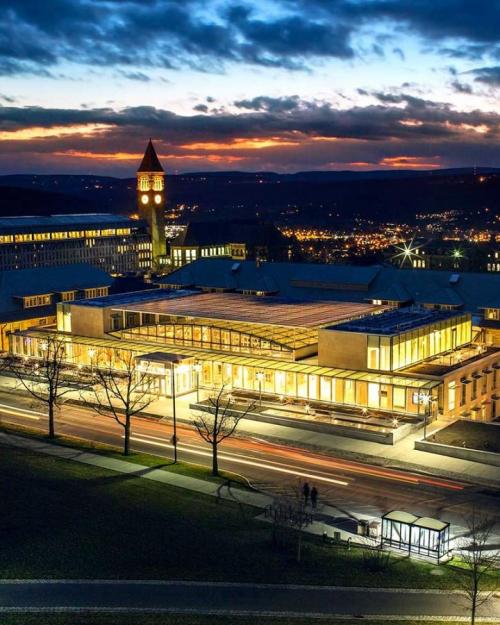The College of Arts and Sciences has selected the 2022 cohort of Klarman Postdoctoral Fellows: seven exceptional early-career scholars who will be awarded three-year fellowships to pursue independent research in the arts and humanities, social sciences and natural sciences.
They will begin their fellowships in fall 2022, exploring some of humanity’s most pressing questions, each working with an A&S faculty mentor.
“Our first two cohorts of Klarman Postdoctoral Fellows have already enriched our academic community in so many ways – sparking new ideas, perspectives and creativity across Cornell,” said President Martha E. Pollack. “These highly coveted fellowships attract applicants of an extraordinary caliber, and I look forward to seeing what our newest Klarman Fellows will achieve and contribute in the years ahead.”
One scholar seeks to remedy the nitrate pollution pervading Earth’s waterways; another studies migrations forced by climate change and other crises. A third develops synthetic macromolecules to be used, ultimately, in plastic-based metal-free batteries.
Also explored by individual scholars in this cohort: The history of the childcare workforce; the behavior of atomically thin quantum materials; the neurological causes of impaired social learning; and repertoire for newly invented musical instruments. , Click to open gallery view
“I see tremendous promise among these inquisitive, productive and highly motivated scholars,” said Ray Jayawardhana, the Harold Tanner Dean of Arts and Sciences, who led the development and launch of the Klarman Fellows program in 2019.
“Individually, each fellow is pursuing a topic of great interest to our diverse intellectual community. Collectively, they represent the very heart of the College of Arts and Sciences: curiosity, discovery and real-world engagement,” Jayawardhana said.
“Moreover, the investigations of several Klarman Fellows align with strategic initiatives in Arts and Sciences and the university as a whole; namely, climate and quantum research. So they will contribute to and benefit from Cornell’s momentum and investments in these frontline areas,” Jayawardhana added.
The 2022 cohort of Klarman Fellows at Cornell are:
Alexandra Easley, a doctoral student in materials science and engineering at Texas A&M University. Her research is focused on the development of plastic-based metal-free batteries. During her Klarman fellowship, she will continue to investigate the structure-property relationship for synthetic redox-active macromolecules and their electronic mobility. She will work with faculty host Brett Fors, associate professor of chemistry and chemical biology.
Richard Kong, who holds a Ph.D. in chemistry from Imperial College, London. His research project works toward removing nitrates – a persistent environmental pollutant – from waterways. He aims to convert nitrate molecules into environmentally benign dinitrogen molecules using a single homogeneous catalyst. His faculty host is Kyle Lancaster, associate professor of chemistry and chemical biology.
Paul Malinowski, a doctoral student in physics at the University of Washington. As a Klarman Fellow, he will use strain to precisely control the properties of atomically thin quantum materials, opening a door to new methods of manipulating quantum matter. His faculty host is Kyle Shen, the James A. Weeks professor of Physical Sciences.
Anil Menon, a doctoral student in political science at the University of Michigan. He will write a book on the political legacy of forced migration, which is on the rise globally due to climate change and conflict. He argues that forced migrants can develop a shared identity grounded in their victimization, which in turn can help mobilize their vote toward parties that champion their grievances. His faculty host is Thomas Pepinsky, the Walter F. LaFeber Professor of government.
Justine Modica, a doctoral student in history at Stanford University. Her research asks how the United States built a waged labor force to replace the traditionally unwaged labor of maternal care. It is the first scholarly study to examine the history of the child care workforce as a whole. Her faculty host is Julilly Kohler-Hausmann, associate professor of history.
Michael Poll, a conductor and guitarist who holds a doctorate in music from the Guildhall School of Music and Drama, London. Poll will use practice-based research in rhetoric to explore how instruments (as the language or mouthpiece for music) impact both the experience of music and its creation. Poll will work with Cornell ReSounds to make arrangements of historical works for newly-designed plucked instruments and to commission original compositions. His faculty host is Elizabeth Ogonek, assistant professor of music.
Zhilei Zhao, who holds a doctorate in ecology and evolutionary biology from Princeton University. By studying domesticated parrots, he explores how impaired social learning, which underlies mental diagnoses such as autism and social anxiety, is implemented in the brain. His faculty host is Jesse Goldberg, associate professor of neurobiology and behavior.
A significant gift from Seth Klarman ’79 and Beth Schultz Klarman established the Klarman Postdoctoral Fellowship program in 2019 as a five-year pilot.

